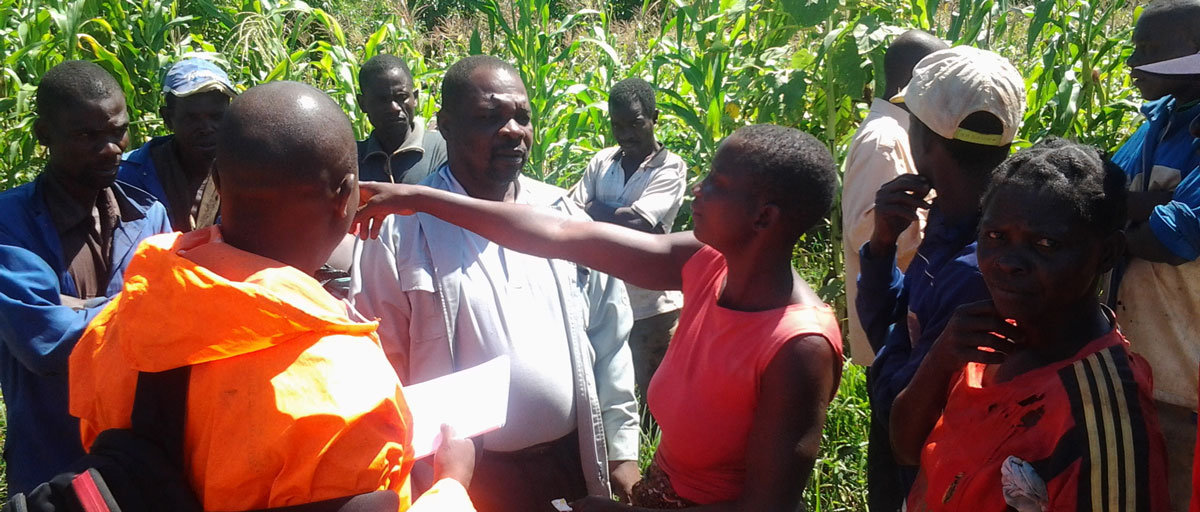RESEARCH THEMES
RESEARCH Streams
SHORTCUTS
Want to know more about our research? Click here!
INTERDISCIPLINARY COURSES
Stockholm Resilience Centre offers interdisciplinary courses on first (Undergraduate), second (Master's) and third (PhD) levels of University education. Want to know more about our courses? Click here!
POLICY and Practice
Our engagement in science-policy-practice activities has increased steadily over the years and range from high-level UN dialogues to local resilience assessments. Want to know more about our policy work? Click here!
Bildtext får vara max två rader text. Hela texten ska högerjusteras om den bara ska innehålla fotobyline! Photo: B. Christensen/Azote
Standfirst
Can competition promote cooperation?
Seminar with Juan-Camilo Cardenas, Professor at the Universidad de Los Andes (Colombia), 14 September, 13:00-14:00
Text
When individuals face social dilemmas such as in the case of common-pool resources, there is a need for designing incentives and institutions that promote cooperation and reduce free riding. Promoting competition between individuals may sound counterproductive since getting ahead of others within a group implies taking advantage of others who are cooperating.
However, promoting competition between groups may induce members of a team to work collectively to get ahead of other groups for collective survival. Prof. Cárdenas will present results of experimental studies in the laboratory in which individuals had clear incentives to free ride in which competing against other groups could represent an extra bonus for those groups performing better than other groups, and a penalty if the group drops in the ranking. However, incentives such that free riding is still more profitable at the individual level is maintained.
The results suggest an overall improvement in social efficiency which may provide some lessons regarding the design of incentives and institutions in situations in which different teams, communities, neighborhoods can engage in healthy and transparent competing environments and where the overall well-being depends on the levels of cooperation across groups.
About Juan-Camilo Cardenas
The research of Juan-Camilo Cardenas, using economic experiments in the field, surveys and participatory tools, aims at understanding the human processes that can build just, sustainable and efficient collective institutions, in particular for managing the natural environments of society. He is a Professor at the Universidad de Los Andes (Colombia) since 2004, at the School of Economics. He holds a Ph.D. in Resource Economics from the University of Massachusetts Amherst (1999) and did his post-doctorate at the Workshop in Political Theory and Policy Analysis (Indiana University) under the mentorship of Elinor Ostrom.
Professor Cardenas has received numerous awards and recognitions for his work, among them the Colombian top national science Alejandro Angel Escobar prize and a MacArthur Fellowship in research.

Stockholm Resilience Centre
Stockholm University, Kräftriket 2B
SE-10691
Phone: +46 8 674 70 70
info@stockholmresilience.su.se
Organisation number: 202100-3062
VAT No: SE202100306201




